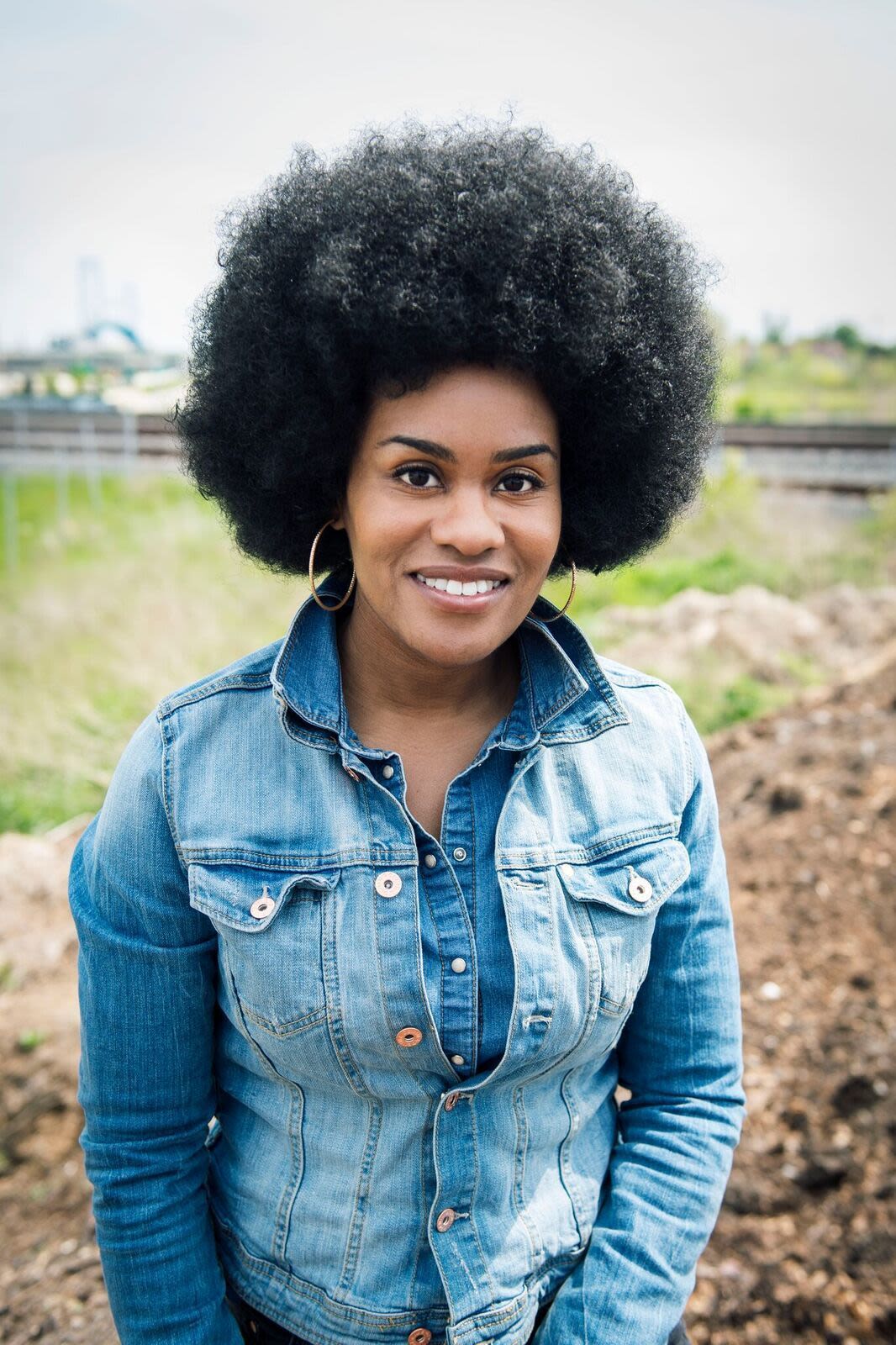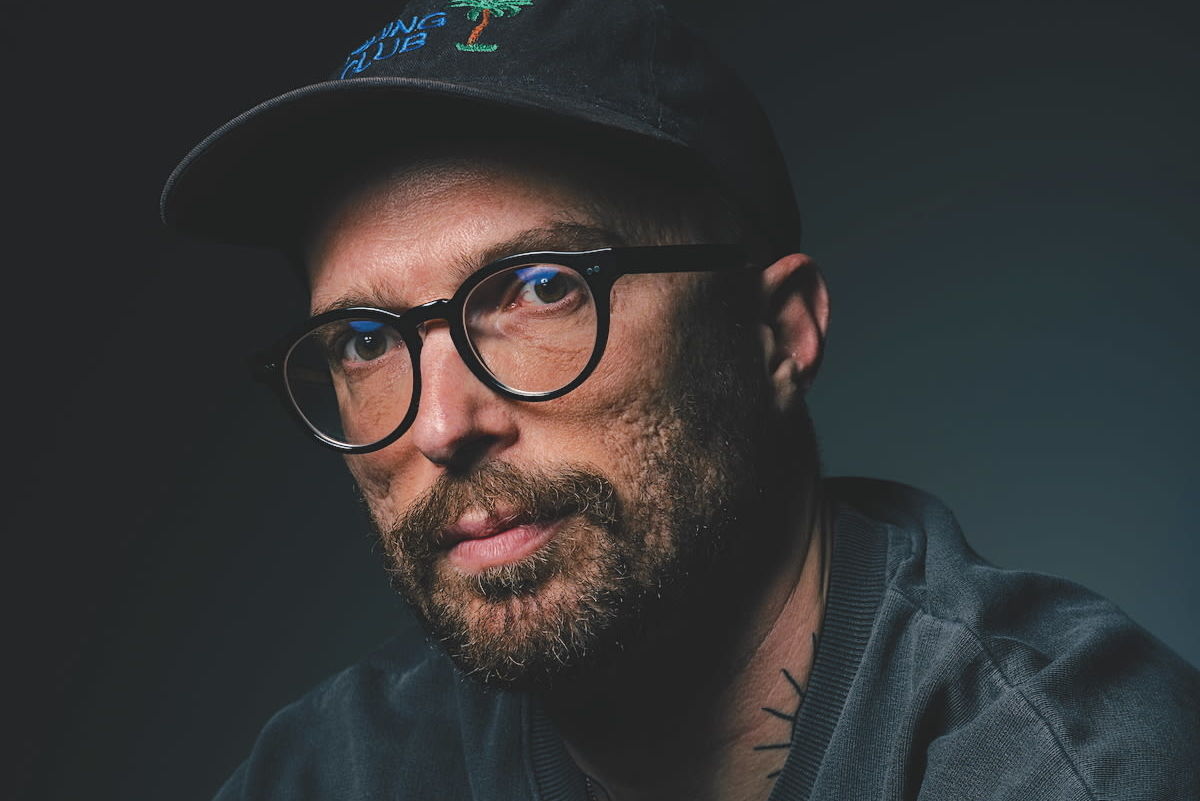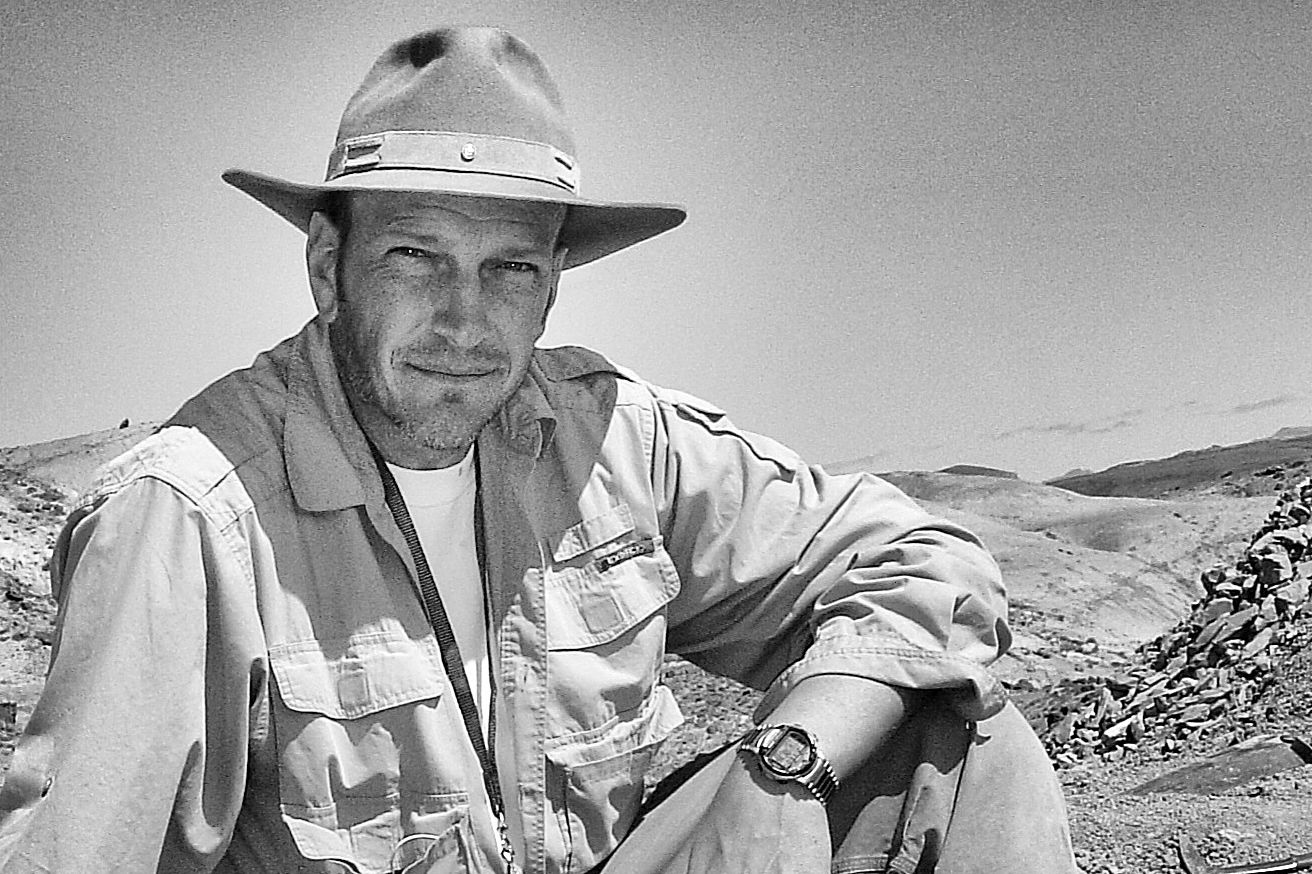Five Questions With Detroit Dirt's Pashon Murray

Pashon Murray
Image: PINC Conference
Pashon Murray is the co-founder of Detroit Dirt, a company that collects waste from restaurants, corporations and even the Detroit Zoo and converts it into soil for urban gardeners and farmers through composting. She's appeared in Ford commercials and has even spoken at the White House. Now, she's headed to Sarasota next month as one of the speakers at the 2018 edition of PINC. She spoke to Sarasota Magazine about composting, sustainability and the power of individual change.
How did you become interested in composting?
I grew up in Grands Rapids, Michigan, where my dad had a contracting business. Part of the work he was involved in was waste management, construction and landscaping. Our family also had farmland in Mississippi, so I got the chance to grow up exposed to all of that. Along the way, Grand Rapids was taking steps to build a more sustainable city. When I started to understand what energy efficiency was, that gave me the motivation to take my life experiences and turn them into something that could help. It really came down to, in the beginning, just the issues around soil. I already understood the landfill from growing up with my dad, so I wanted to create something that anyone could do.
How did Detroit Dirt start?
I first started composting around 2010. General Motors and the Detroit Zoological Society both came together, and I’ve been able to create a platform with those key components to be able to get me off the ground. Both of them helped me create my platform to start looking at how I can assist urban farming communities.
What is the biggest misconception about soil?
For a lot of people, it isn’t a priority. Water and soil are things that people take for granted. People don't notice them, because they are always there. If you’re not dealing with a crisis in your area, or some type of natural disaster, you won't really know about soil. What people don’t understand is that food waste is a huge contributor to greenhouse gas emissions. According to the United Nations, we do not have enough healthy soil in abundance. People need to understand that this is a bigger issue than what's in your back yard. This is a global issue. Composting is one of the ways that you can recover soil.
What is the first step someone can take toward composting?
First, people should look at what they are doing on a day-to-day basis. Can they walk or take their bike? How much food is left over every week? Are you freezing some of that food, or are you just throwing a bunch of leftovers away? You need to look at what your own carbon footprint is. In Florida, you have a lot of sunlight. You can just start depending on natural sunlight instead of keeping your lights on. Analyze where you are. Can you recycle more? Can you waste less?
What effect can composting have on an individual’s waste?
I believe that when someone starts composting in their household, they will begin to see that food waste is a big component of our lives. If you begin to manage your own waste at home, you’ll start paying attention to the waste everywhere. You'll no longer look at waste as trash. You'll begin to see it as something you can recycle.



